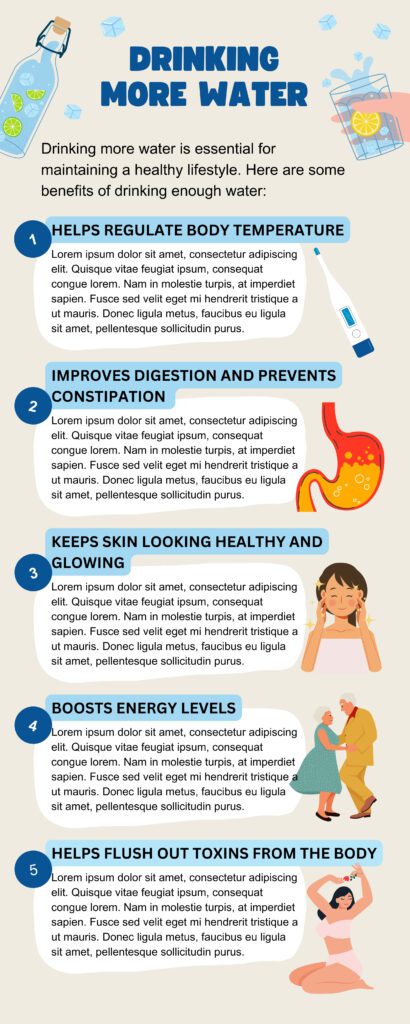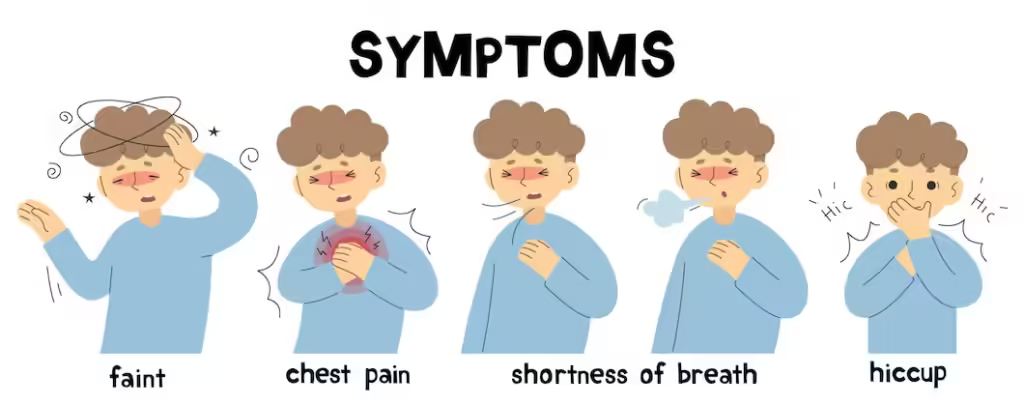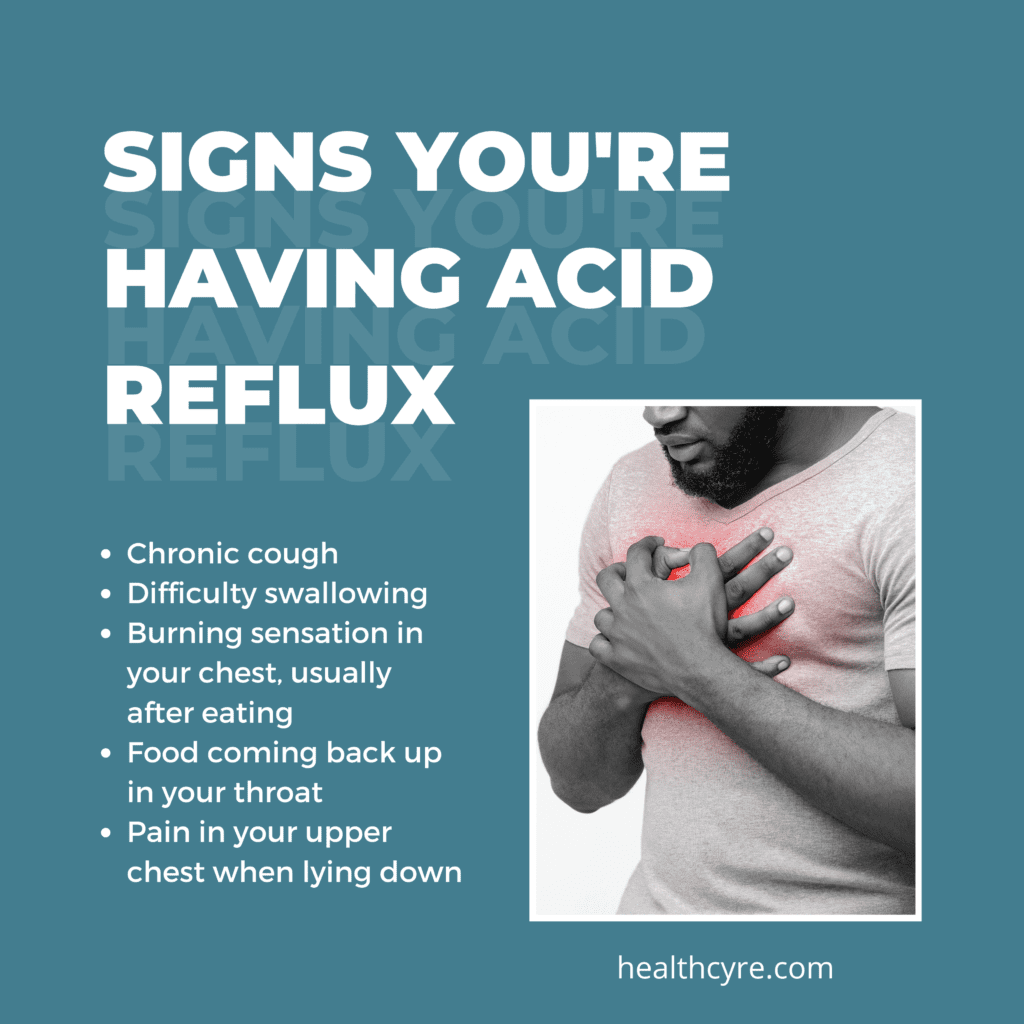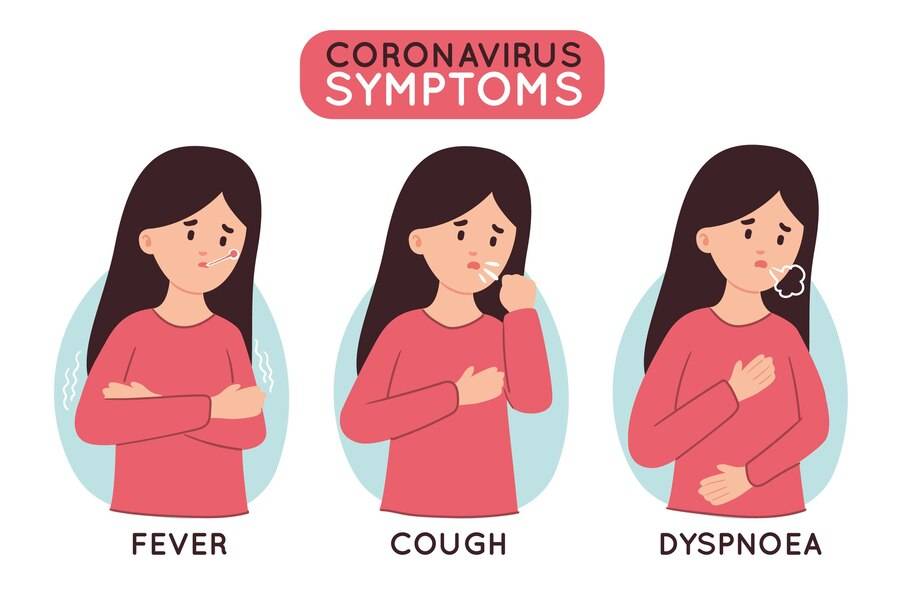Drinking water and experiencing upper-chest discomfort might be concerning. This article will look at the various causes, symptoms, and therapies for this illness. Understanding the underlying causes of chronic discomfort allows individuals to take proper actions to effectively manage their health.
Table of Contents
Common Causes of Upper Chest Pain After Drinking Water

Esophageal Spasm
Esophageal spasms might be one of the causes of upper chest discomfort after drinking water. This occurs when the muscles of the esophagus contract abnormally, causing pain and discomfort. Cold or hot water can occasionally cause these spasms, resulting in acute discomfort in the upper chest.
Gastroesophageal Reflux Disease (GERD)
Gastroesophageal reflux disease (GERD) is another prevalent reason for chest discomfort after drinking water. GERD develops when stomach acid refluxes back into the esophagus, irritating the lining. This might result in a burning sensation or pain in the upper chest, particularly after drinking water or other liquids.
Hiatal Hernia
A hiatal hernia arises when a portion of the stomach pushes up through the diaphragm and into the chest cavity. This illness can produce soreness in the upper chest, particularly after drinking water. The pain stems from the pressure on the stomach and esophagus.
Esophagitis
Esophagitis is an inflammation of the esophagus that is commonly caused by acid reflux, infections, or drugs. Drinking water might worsen the inflammation, causing upper chest discomfort. Symptoms may include trouble swallowing, heartburn, and soreness below the breastbone.
Esophageal Motility Disorders
Esophageal motility problems, which impair how the esophagus moves, can also produce upper chest discomfort after drinking water. These illnesses disturb the natural flow of food and liquids down the esophagus, causing pain and discomfort.
Symptoms Accompanying Upper Chest Pain

Burning Sensation
A burning feeling is a typical symptom associated with upper chest discomfort. This might be the result of acid reflux or esophageal irritation. Drinking water or other beverages might cause soreness in the breastbone.
Difficulty Swallowing
Upper-chest discomfort may be accompanied by difficulty swallowing or dysphagia. This symptom frequently implies an underlying problem with the esophagus, such as esophageal spasm or esophagitis. The discomfort may worsen when you consume liquids or food.
Regurgitation
Regurgitation of food or liquids can occur along with upper chest pain. This symptom is common in conditions like GERD, where stomach contents flow back into the esophagus, causing discomfort and pain.
Heartburn
Heartburn is a burning pain in the chest that often accompanies upper chest pain after drinking water. It results from acid reflux and is a common symptom of GERD. The pain may worsen after consuming certain foods or beverages.
Chest Tightness
Chest tightness is another symptom that can accompany upper chest pain. This feeling of pressure or constriction in the chest can be caused by esophageal spasms or other esophageal disorders.
Diagnosing Upper Chest Pain

Medical History and Physical Examination
To determine the source of upper chest discomfort, healthcare experts will conduct a medical history and physical examination. This aids in detecting any underlying illnesses and determining the degree of symptoms.
Endoscopy
An endoscopy can be used to check the esophagus and stomach. This treatment entails introducing a flexible tube with a camera down the throat to identify any abnormalities or inflammation that may be causing the pain.
Barium Swallow Test
A barium swallow test is another diagnostic technique for evaluating the esophagus. The patient drinks a barium solution, and X-rays are obtained to see how the liquid moves down the esophagus and detect any structural problems.
Esophageal Manometry
Esophageal manometry measures the pressure and muscle contractions in the esophagus. This test helps diagnose esophageal motility disorders that could be causing upper chest pain after drinking water.
pH Monitoring
pH monitoring involves measuring the acid levels in the esophagus over a 24-hour period. This test can help diagnose GERD and determine if acid reflux is contributing to the chest pain.
Treatment Options
Lifestyle Changes
Implementing lifestyle changes can significantly reduce upper chest pain. These changes may include avoiding trigger foods and beverages, eating smaller meals, and not lying down immediately after eating or drinking.
Medications
Medicines can be provided to treat disorders such as GERD and esophagitis. Common drugs for reducing stomach acid and alleviating symptoms include proton pump inhibitors (PPIs), H2 blockers, and antacids.
Dietary Adjustments
Making dietary adjustments can help manage upper chest pain. Avoiding spicy, acidic, or fatty foods and drinking water at room temperature can prevent triggering pain. Incorporating more fiber into the diet can also aid in digestion.
Medical Procedures
In severe cases, medical procedures may be necessary. For example, a hiatal hernia might require surgical intervention. Endoscopic procedures can also be used to treat certain esophageal conditions.
Stress Management
Stress management techniques, such as yoga, meditation, and deep-breathing exercises, can help reduce the frequency and severity of esophageal spasms and other stress-related conditions.
When to See a Doctor
It’s essential to seek medical attention if upper chest pain persists or is accompanied by severe symptoms such as:
- Severe pain that doesn’t improve with over-the-counter medications.
- Difficulty breathing or swallowing.
- Unexplained weight loss.
- Vomiting or blood in the stool
Conclusion
Understanding the potential causes of upper chest pain after drinking water is crucial for effective management and treatment. By recognizing the symptoms and seeking appropriate medical advice, individuals can alleviate discomfort and improve their quality of life. Implementing lifestyle changes, dietary adjustments, and stress management techniques can also help manage and prevent upper chest pain.
